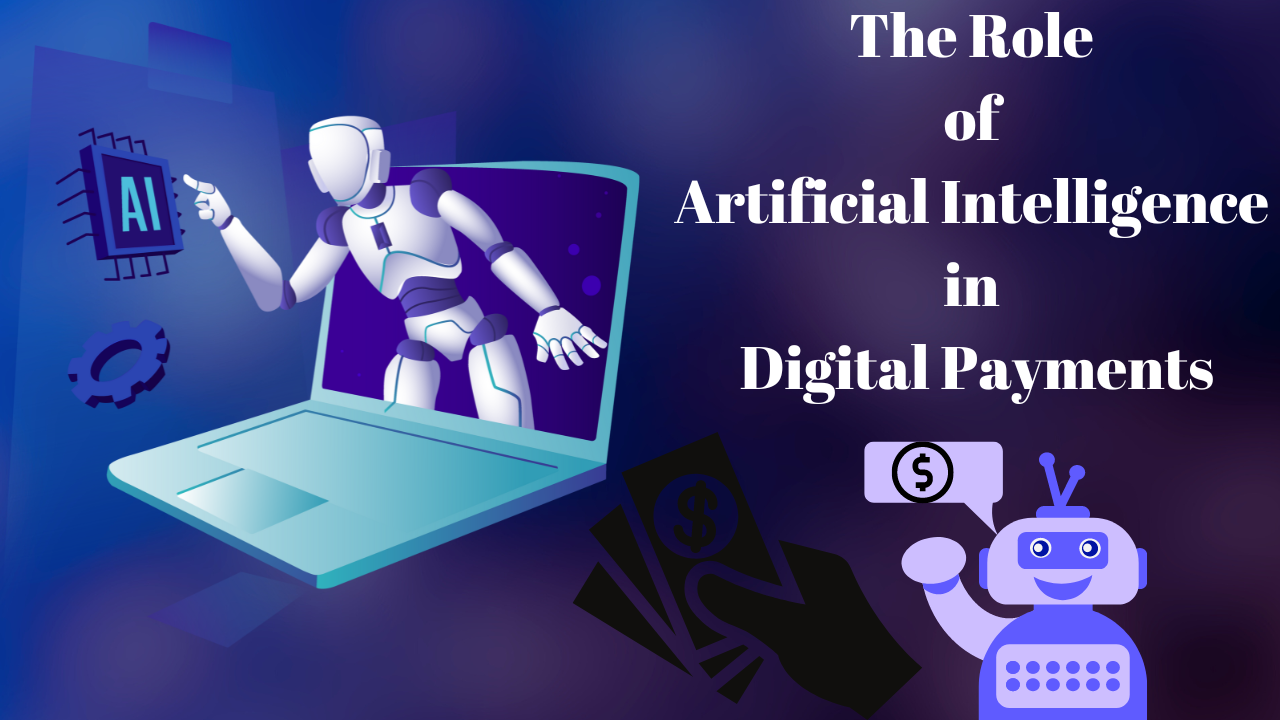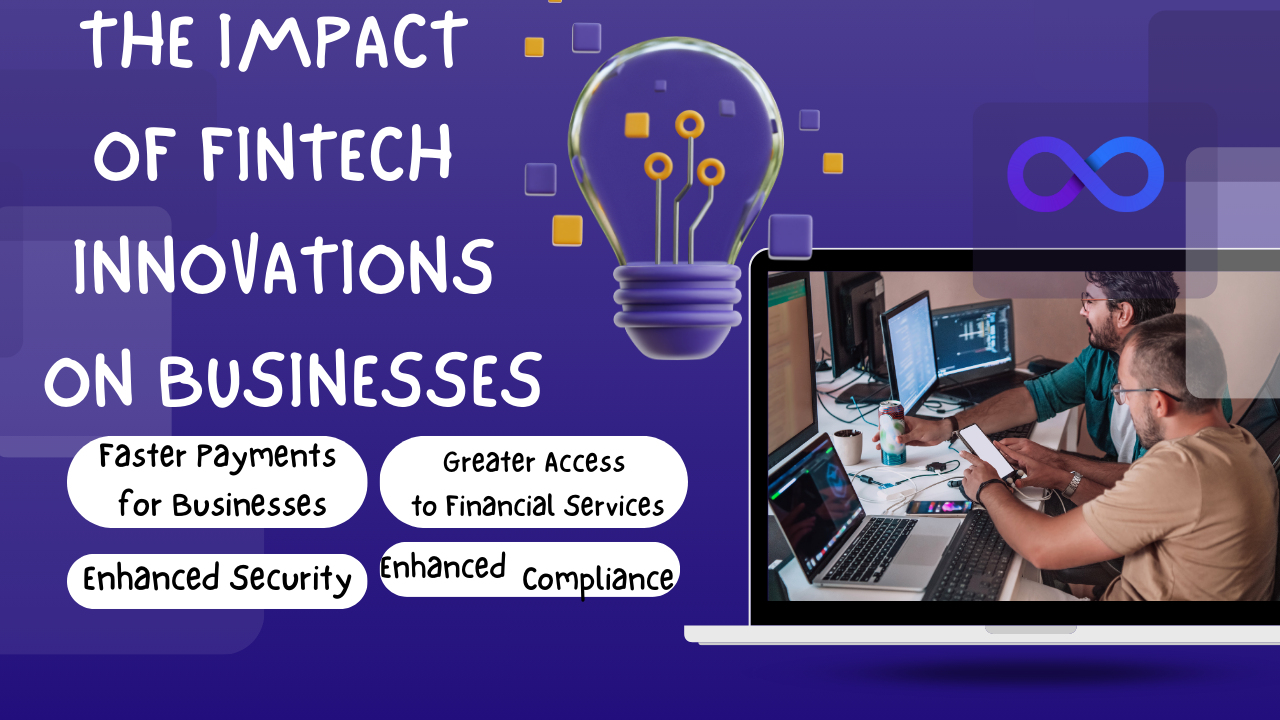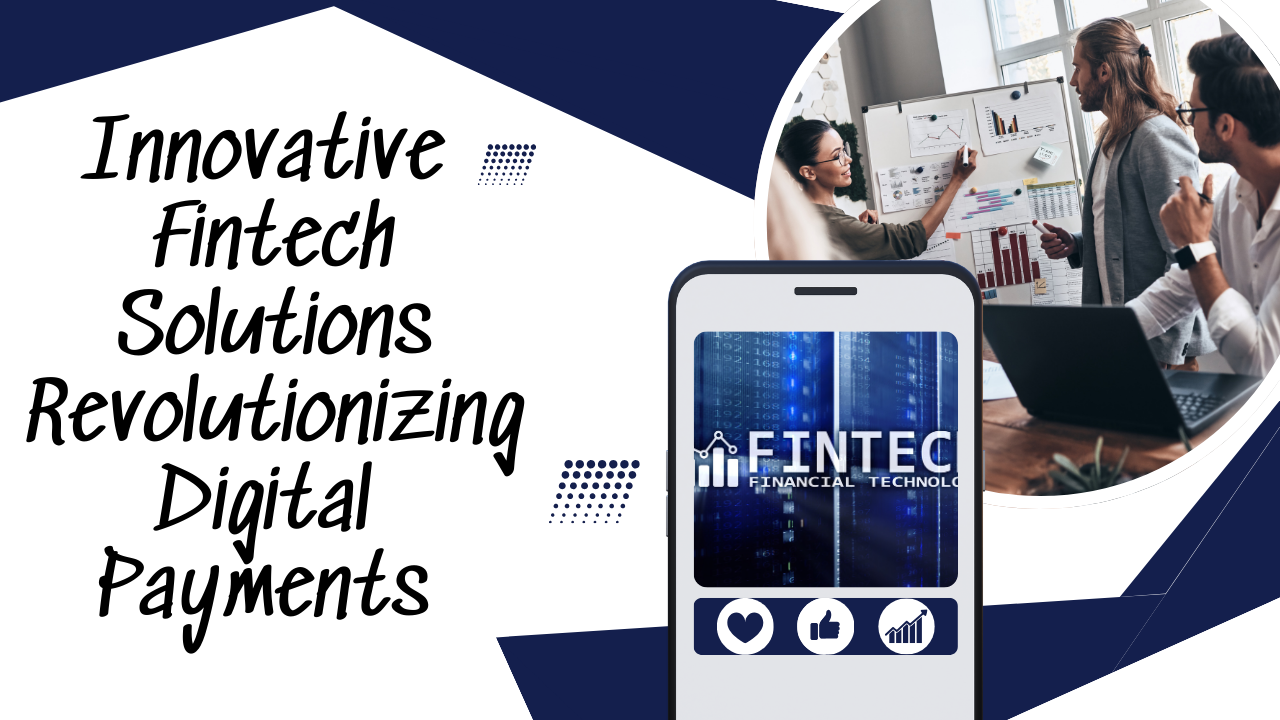The financial industry has undergone a massive transformation in recent years, thanks to the rise of fintech (financial technology) solutions. Among the most prominent areas affected by this innovation is digital payments. From mobile wallets to blockchain technology, fintech is revolutionizing how people and businesses make transactions, making payments faster, more secure, and more convenient than ever before.
In this article, we will explore the key fintech solutions driving this revolution, their impact on consumers and businesses, and how these innovations are shaping the future of digital payments.
The Evolution of Digital Payments
Digital payments have come a long way from the early days of online banking. The rapid development of internet infrastructure and smartphone technology has allowed for an explosion of fintech innovations, creating seamless and secure payment options for consumers and businesses alike.
From Traditional Payments to Digital Solutions
Traditionally, payments were made through cash, checks, and credit cards. While these methods are still widely used, the rise of digital payments has streamlined the process, offering alternatives that are often faster and more convenient. Fintech companies have built on this trend by introducing technologies that enable payments through mobile apps, wearables, and even cryptocurrencies.
The Need for Fintech Innovations
As e-commerce, the gig economy, and international business have expanded, so has the demand for more efficient payment systems. Consumers expect speed, security, and convenience, while businesses require systems that can support global transactions, comply with regulations, and reduce processing costs. Fintech innovations have emerged to meet these demands, offering solutions that address both consumer and business needs.
Key Fintech Innovations in Digital Payments
Several fintech solutions are at the forefront of the digital payments revolution, each bringing unique advantages to the table. Let’s explore some of the most significant ones.
Mobile Wallets and Contactless Payments
Mobile wallets, such as Apple Pay, Google Pay, and Samsung Pay, have revolutionized the way people make payments. By storing credit and debit card information securely within mobile devices, these wallets allow users to make purchases without needing to carry physical cards or cash. The rise of contactless payment systems using Near Field Communication (NFC) technology has further enhanced this, enabling quick, tap-and-go payments at retail outlets.
Impact on Consumers and Businesses:
- Convenience: Consumers no longer need to carry wallets or remember card details.
- Security: Mobile wallets use encryption and biometric authentication, reducing the risk of fraud.
- Faster Transactions: Contactless payments significantly speed up transaction times for both customers and merchants.
Peer-to-peer (P2P) Payment Platforms
P2P payment apps, such as Venmo, PayPal, and Cash App, have made sending money to friends, family, and even small businesses easier than ever. These apps allow users to transfer money instantly using their mobile devices, eliminating the need for bank transfers or checks.
Impact on Consumers and Businesses:
- Ease of Use: Users can transfer funds with just a few taps.
- Lower Costs: Many P2P platforms offer free or low-cost transactions, especially compared to traditional banking methods.
- Global Reach: P2P apps are expanding to support cross-border payments, making it easier for people to send and receive money internationally.
Cryptocurrencies and Blockchain Technology
Cryptocurrencies like Bitcoin and Ethereum, powered by blockchain technology, are transforming digital payments by providing decentralized, borderless transaction systems. Blockchain allows for secure, transparent, and immutable records of transactions, reducing the need for intermediaries like banks.
Impact on Consumers and Businesses:
- Lower Fees: By cutting out intermediaries, blockchain-based payments can reduce transaction costs, particularly for cross-border payments.
- Security and Transparency: Blockchain’s decentralized nature enhances security and provides a transparent ledger of transactions.
- New Opportunities: Businesses can expand their payment options by accepting cryptocurrencies, appealing to tech-savvy and international customers.
Buy Now, Pay Later (BNPL) Solutions
BNPL services, such as Klarna, Afterpay, and Affirm, have gained massive popularity by offering consumers the option to make purchases now and pay for them over time, often with no interest. These services are integrated directly into e-commerce platforms, allowing shoppers to split payments into installments at checkout.
Impact on Consumers and Businesses:
- Flexibility: BNPL services give consumers more flexibility in managing their finances and making large purchases.
- Boost in Sales: For businesses, offering BNPL options can increase conversion rates and average order values by providing an attractive payment option.
- Minimal Risk: BNPL providers handle the credit risk, ensuring that businesses are paid upfront while consumers enjoy extended payment terms.
The Role of Artificial Intelligence in Digital Payments
Artificial Intelligence (AI) is another powerful tool that is transforming the digital payments landscape. By analyzing large amounts of data in real time, AI can help detect fraudulent transactions, personalize user experiences, and optimize payment processes.
Fraud Detection and Prevention
One of the biggest concerns with digital payments is fraud. AI-powered fraud detection systems can analyze patterns and behaviors to identify suspicious activities, helping to prevent fraudulent transactions before they occur.
Impact on Consumers and Businesses:
- Increased Security: AI-powered systems can stop fraud in its tracks, protecting both businesses and consumers.
- Faster Detection: AI can analyze and detect fraud in real time, reducing the risk of delayed responses and financial loss.
- Improved Accuracy: By learning from past transactions, AI systems can reduce false positives and improve detection accuracy.
Personalization and Customer Experience
AI also plays a role in enhancing the user experience by providing personalized payment recommendations, tailored promotions, and more. For example, AI can suggest preferred payment methods based on previous behavior or offer discounts and rewards based on user preferences.
Impact on Consumers and Businesses:
- Better User Experience: Consumers enjoy a more personalized and seamless payment experience, with relevant recommendations and offers.
- Increased Engagement: Businesses can use AI to offer targeted promotions that drive customer loyalty and increase repeat purchases.
The Future of Digital Payments: What to Expect
As fintech continues to evolve, several trends and technologies are set to shape the future of digital payments.
Biometric Payments
Biometric authentication, including fingerprint and facial recognition, is expected to play a more significant role in digital payments. By eliminating the need for passwords and PINs, biometric authentication enhances security and streamlines the payment process.
Central Bank Digital Currencies (CBDCs)
Several countries are exploring the development of CBDCs, digital currencies issued and regulated by central banks. CBDCs could transform the digital payments landscape by providing a stable, government-backed alternative to cryptocurrencies.
Embedded Payments
Embedded payments refer to the seamless integration of payment solutions directly into apps, websites, and devices. This trend is growing, allowing users to make purchases without leaving the platform they are using. For example, ride-hailing apps like Uber and Lyft have embedded payment systems that allow users to pay for rides without leaving the app.
Open Banking
Open banking, which allows third-party developers to build applications and services around a financial institution’s data, is likely to accelerate the development of new payment solutions. With open APIs, fintech companies can create new services that offer greater flexibility and integration between payment systems.
The Impact of Fintech Innovations on Businesses
Fintech solutions are not only transforming consumer payments but also providing businesses with tools to enhance their financial operations.
Faster Payments for Businesses
Automated invoicing and payment systems allow businesses to process transactions faster, improving cash flow and reducing the time spent on manual processes.
Greater Access to Financial Services
Fintech innovations, such as alternative lending platforms and payment gateways, have democratized access to financial services for small and medium-sized enterprises (SMEs). Businesses that may have struggled to secure traditional loans or payment processing services now have a range of options tailored to their needs.
Enhanced Security and Compliance
With increasing regulations around data privacy and security, fintech solutions provide businesses with tools to comply with these regulations while maintaining a secure payment environment. Whether through AI-powered fraud detection or blockchain-based transaction records, fintech helps businesses stay compliant and secure.
Conclusion
The digital payments landscape is undergoing rapid transformation, driven by innovative fintech solutions. From mobile wallets and cryptocurrencies to AI-powered fraud detection and BNPL services, these technologies are revolutionizing the way people and businesses handle transactions. As fintech continues to evolve, we can expect even more groundbreaking solutions that will make payments faster, safer, and more accessible for everyone. Whether you’re a consumer looking for convenience or a business seeking to optimize operations, embracing fintech solutions is the key to staying competitive in the digital age.
FAQs
What are the top fintech innovations in digital payments?
Mobile wallets, P2P payment platforms, blockchain technology, and Buy Now, Pay Later (BNPL) solutions are among the leading fintech innovations transforming digital payments.
How do fintech solutions benefit businesses?
Fintech helps businesses streamline payment processes, reduce costs, improve security, and access new financial services, such as alternative lending and cross-border payments.
What role does AI play in digital payments?
AI enhances digital payments by improving fraud detection, personalizing user experiences, and optimizing payment processes through real-time data analysis.
What is the future of digital payments?
Future trends include biometric payments, central bank digital currencies (CBDCs), embedded payments, and open banking, all set to revolutionize the payments industry.
How can businesses implement fintech solutions?
Businesses can implement fintech solutions by integrating digital wallets, payment gateways, invoicing software, and AI-powered fraud detection into their existing financial infrastructure.
